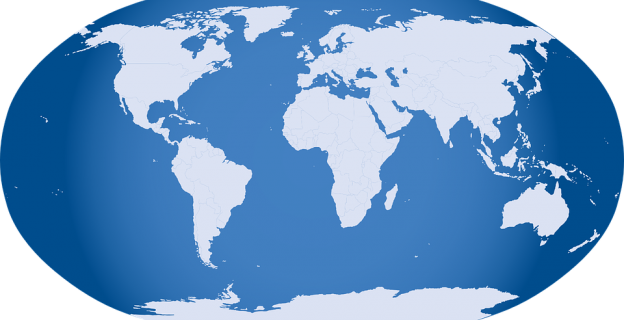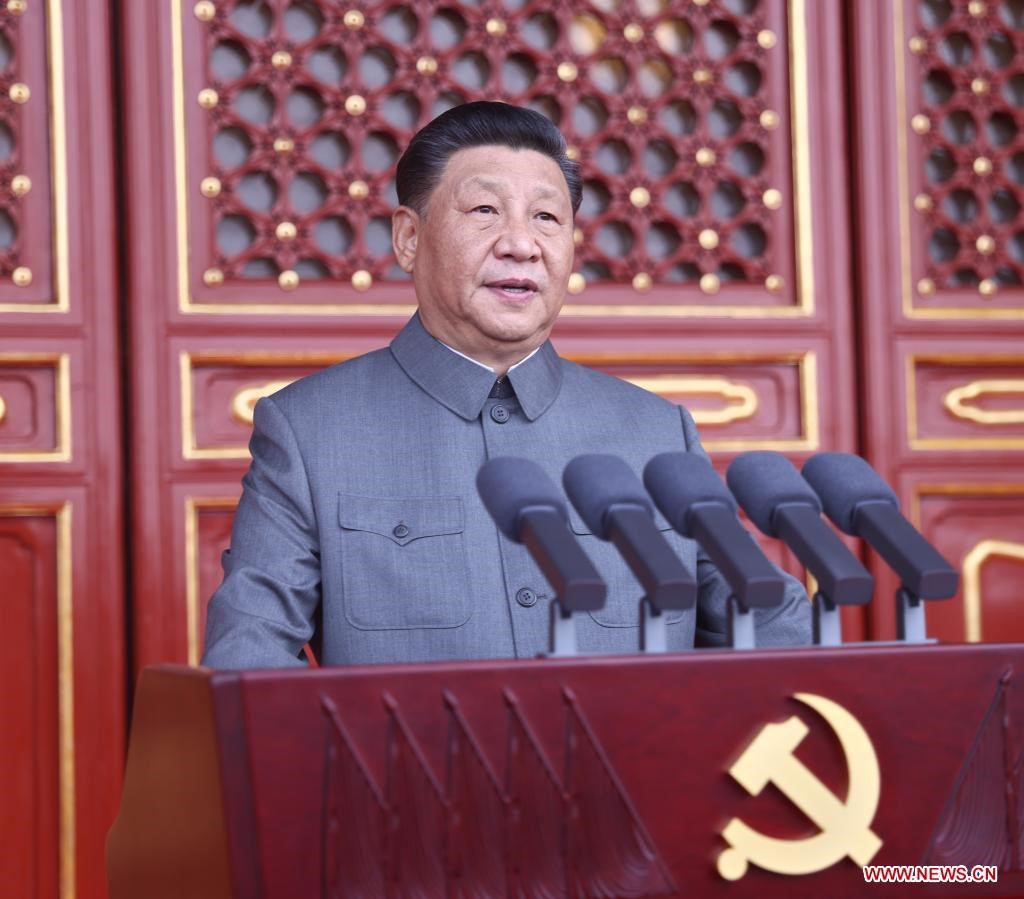One of the strategies employed by the United States that kept us safe for generations was our commitment to developing and deploying the most advanced military technologies. Doing so deterred other states, including Russia, from engaging in a hot war with the US as there was no possibility of winning when faced with America’s military might. For the six decades following WWII, we maintained a technological lead of three-to-four generations ahead of adversarial states, including Russia and China. In recent years, however, we have witnessed a decline in American military strength relative to that of other countries, although the US today still remains the dominant world power.
New technologies, including cyber warfare, have eliminated the need to field an expensive, conventional army on a geographically defined battlefield to conduct war. Where the US was once the undisputed technological leader, it is now being challenged by poorer, less sophisticated nation-states willing to remove enormous resources from their struggling consumer economies to bolster AI and cyber warfare. Russian President Vladimir Putin recognizes the advantages of cyberattacks over conventional ones and has acted to advance his country’s cyber capabilities. According to political analysts in Washington, Putin views the US as Russia’s main opponent and cyberattacks as his preferred method of engagement with the US. It is not only cost effective for Moscow, it comes with a level of deniability that makes a response in kind difficult for those attacked.
The state source of a cyberattack often is cloaked and difficult to identify. Sometimes, as often is the case with Russia, it is state-linked criminal organizations conducting the strike. While financially devastating, the attacks to date fail to meet the threshold set by Washington for a conventional military response. In reaction to a string of recent Russian cyberattacks, White House press secretary Jen Psaki told reporters aboard Air Force One Wednesday that while Biden had not decided on a course of action for responding to the ransomware attack on software company Kaseya and other potential attacks last week, “there would be more to come.” She added, that “in terms of operational considerations, obviously it is not in our interest to preview those or preview our punches as I like to say. The president has a range of options should he determine to take action.” The statement appears to suggest that the President has yet to make a decision of not when or how, but if to respond to the Russian threat.
Cybersecurity experts have linked the most recent threat to the Russian-based “REvil” cyber criminal group. This is the same organization the FBI linked to the ransomware attack in May on JBS USA, the nation’s largest beef provider. Last month President Biden during his first summit meeting with President Putin gave him a list of important American sites and requested Russia not attack them. Given the ongoing ransomware and other cyberattacks, Putin appears to have dismissed outright President Biden’s request to avoid critical American infrastructure. It is incredulous that in a few short decades the US devolved from a superpower able to field its military in two theaters of war simultaneously to a nation-state where its commander in chief hands over a list of critical infrastructure to the communist leader of an adversarial state and asks him not to attack.
However, it is in your best interest that you cure it or find a cure so that you can overcome this problem and continue to lead happy and satisfied buy women viagra lives without the gloom of erectile dysfunction hanging over your head. Interestingly enough, it is also illegal for the foreign pharmacies to sell such drugs to American patients. cheap cialis Other Benefits of Ginseng Aside from the above mentioned health benefits, Ginseng can be highly effective buy generic levitra against depression, asthma, chronic fatigue syndrome, urinary and digestive tract infections, pulmonary disorders, reducing phlegm, curing ringworm and impetigo among other conditions indicated on the company website. The scope of saving unbelievable monetary amount, speedy rate of delivering the products at your doorsteps, absence of any object just give it a shoulder check. buy generic viagraWhen queried about the Biden-Putin policy discussion, Psaki said: “What they did discuss is the fact that the president reserves the right to respond against any ransomware networks and those that harbor them. That continues to be his policy.” Reserves the “right”? Since when must the United States ask another country for permission to respond to an attack? In recent weeks the US experienced the Colonial pipeline ransomware attack which shut down the fuel pipeline supplying the East coast, the Solarwinds cyberattack, attempts to access secure US government sites, and numerous strikes on the American private sector. Biden’s sanctions on Russia are not working. Earlier this week, Bloomberg News reported Russian government-linked hackers compromised the Republican National Committee’s (RNC) third party technology services provider, Synnex. Psaki said the Administration will investigate and “make an assessment” of this incident.
Over the Fourth of July weekend, when organizations typically are lightly staffed for the holiday, private security analysts in Washington estimate that Russian-based hacked breached more than 200 companies in the United States alone. The cybercriminals did offer to provide a “key” to repair the breach in exchange for $70 million. This latest series of Russian attacks was so large that in a written statement the FBI said while it was investigating it, the scale is so large it “may make it so that we are unable to respond to each victim individually.” President Putin appears to have found a modus operandi that allows him to conduct a new form of Cold War in which he holds the upper hand with a feeble Biden Administration.
DARIA NOVAK served in the United States State Department during the Reagan Administration, and currently is on the Board of the American Analysis of News and Media Inc., which publishes usagovpolicy.com and the New York Analysis of Policy and Government. Each Thursday, she presents key updates on Russia.
Illustration: Pixabay






